The Speed Of Excellence
 There’s been a lot of talk around social media circles about how to make writing worth the time it takes to pull together a novel. Anyone who’s ever tried to write something knows. The hours of drafting, fixing, trashing, and redoing quickly become countless. And for those writing for the tight niche known as Christian Speculative Fiction…well, most of us have had to make a tenuous peace with the current reality that writing isn’t a career path.
There’s been a lot of talk around social media circles about how to make writing worth the time it takes to pull together a novel. Anyone who’s ever tried to write something knows. The hours of drafting, fixing, trashing, and redoing quickly become countless. And for those writing for the tight niche known as Christian Speculative Fiction…well, most of us have had to make a tenuous peace with the current reality that writing isn’t a career path.
Folks on both the secular and inspirational side of the fence chafe at this—and rightly so—and hunt for solutions. One such solution that has come up: authors just need to be insanely prolific. They need to get book after book after book out to their readers so that the income streams stack. Forget multiple passes of revisions! “Good enough” will do. Readers don’t really care about most of the stuff writers pull their hair out about, as long as the story connects with them in a powerful way.
While I can understand not reworking a project for years, (I admit to the propensity to want to continually revisit projects, even published ones, and make them better) and I certainly get that when readers have more books to buy, an author stands to make more money to support his writing habit, the proliferation model creates problems for both writers and readers.
Where writers lose: It’s the rare artist who can work both fast and clean. Speed begets sloppiness, to varying degrees, depending on the level of talent in the writer to churn out tight drafts. But American industry tends to run at a pace just a few clicks faster than its flagship producers, like Henry Ford speeding up the belt on the assembly line to force his army of technicians to fly through their motions to keep up. When this happens in writing, sure, more books get to market, but at what cost? Quality. As writers whose integrity is our witness, can we afford this?
How readers are shortchanged: The problem trickles down. Ultimately, cranking out books at a speed beyond best quality is a disrespect to people who read as a pastime. If writers and publishing houses careen to market, just to get the next book out, doesn’t that powerful story readers crave lose punch? Nuance and depth don’t happen in one thin coat. As readers, how do we injure the market by demanding the next book in the series right after we’ve consumed the first one?
It all reminds me of the culture of convenience food I see in American society. Being a working mom who shoulders three to four non-paying “gigs” outside of the ten hours a day I put in for the sake of practical earnings, I understand how people can find relief in unzipping a pouch, adding water, and hitting the “cook” button on the microwave. But processed convenience food is not only nutritionally inferior—it tastes like…you fill in your favorite negative piece of vocabulary. Even so, if you feed much of this to your kids, they develop a taste for it, so much that they will turn up their noses at “real food” when you offer it.
Some authors complain that readers only want “fast food” reading and get discouraged to an artistic standstill. Some embrace the general public’s lax demands as an excuse not to stress over the details—after all, why stretch yourself beyond what the readers demand? Is it because many have conceded to serving up the literary equivalent of Easy Mac and now few want artisanal cheddar because its flavor is too strong? It’s a self-perpetuating problem.
Conversely, there are readers who complain there’s so much junk on the market that it’s hard to find good books. I sympathize with these readers who have to comb through so much chaff to find the kernels of excellence that are out there…both traditionally- and self-published. It’s disheartening to see rave reviews of something popular only to pick it up and find another hackneyed, milquetoast, poorly-edited shelf-filler.
 So what can we do about all this? It’s my hope that this will be at the heart of many of the discussions that go on at this year’s Realm Makers conference, if not from behind the podium, over the lunch table and in the hallways. Readers and writers alike have a role to play if they wish to see a cultural shift in the publishing climate. Writers must refuse to contribute to the growing haystack of mediocrity, but learn how to provide excellence with a speed that at least acknowledges the cravings for immediacy the internet age has cultivated. Readers must put their money and their very vocal praise behind the books that exhibit mastery of craft. If enough authors “cook up” story delicacies, and enough readers enthusiastically support the best of the best on the market (and ignore the Easy Mac, even if it’s what “everyone” is reading,) together, we can contribute to a paradigm shift.
So what can we do about all this? It’s my hope that this will be at the heart of many of the discussions that go on at this year’s Realm Makers conference, if not from behind the podium, over the lunch table and in the hallways. Readers and writers alike have a role to play if they wish to see a cultural shift in the publishing climate. Writers must refuse to contribute to the growing haystack of mediocrity, but learn how to provide excellence with a speed that at least acknowledges the cravings for immediacy the internet age has cultivated. Readers must put their money and their very vocal praise behind the books that exhibit mastery of craft. If enough authors “cook up” story delicacies, and enough readers enthusiastically support the best of the best on the market (and ignore the Easy Mac, even if it’s what “everyone” is reading,) together, we can contribute to a paradigm shift.
It may be counter cultural, but isn’t God that? Is he not the author of excellence? If we’re truly committed to doing what is pleasing in his sight, how can we produce or consume anything less than what we feel our Maker himself would call “well done?”
If you’re a writer and would like to spend a weekend at an event full of people of faith who are committed to creating excellent science fiction and fantasy, join us at the 2nd annual Realm Makers conference, May 30-31, 2014 at Villanova University, just outside of Philadelphia, PA. Visit http://realmmakers.com for more information. Seating is limited!
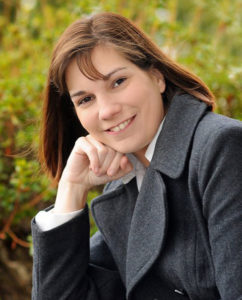 Rebecca P. Minor has grown in recent years to a true dabbler in many corners of the arts, from writing to illustration to singing and trombone playing. She is the author of The Windrider Saga, serial fantasy fiction from Diminished Media Group and Curse Bearer, from Written World Communications.
Rebecca P. Minor has grown in recent years to a true dabbler in many corners of the arts, from writing to illustration to singing and trombone playing. She is the author of The Windrider Saga, serial fantasy fiction from Diminished Media Group and Curse Bearer, from Written World Communications.
In 2013, Rebecca organized the first Realm Makers conference, a symposium for people of faith who write fantasy and science fiction. The 2014 conference will take place in May, with Rebecca reprising the role of conference director.
To learn more about Rebecca’s writing and artistic exploits:
Visit www.rebeccapminor.com
Find her on Facebook as Rebecca P Minor, Author and Artist
Twitter @rebeccapminor.
To find out more about Realm Makers, visit http://realmmakers.com .

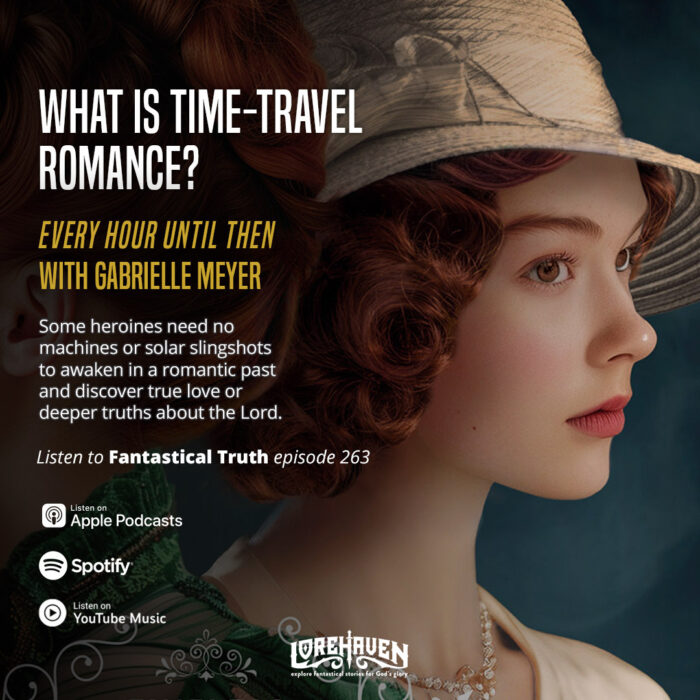


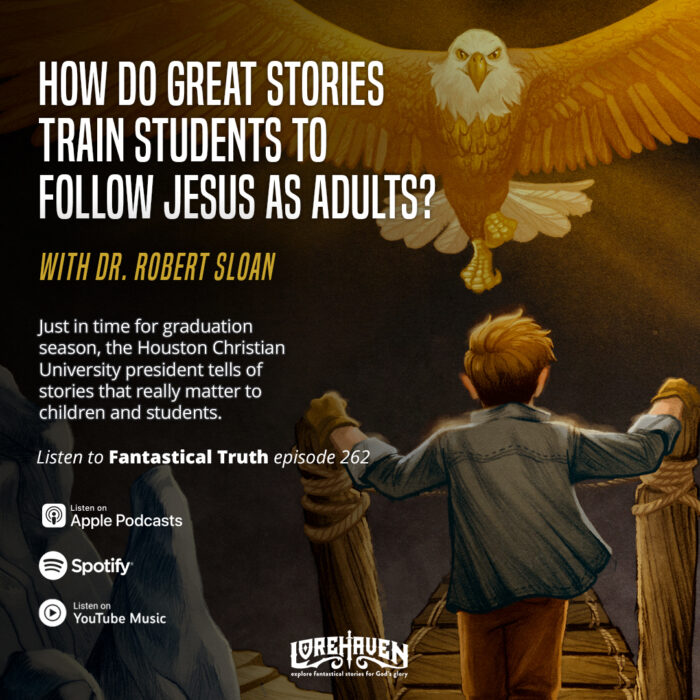













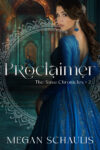
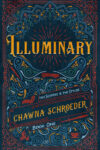

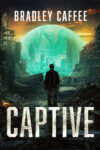



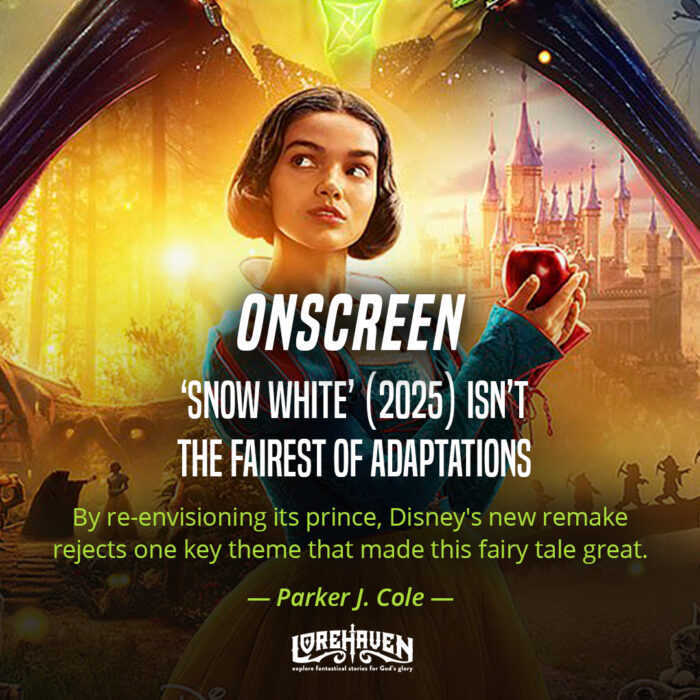
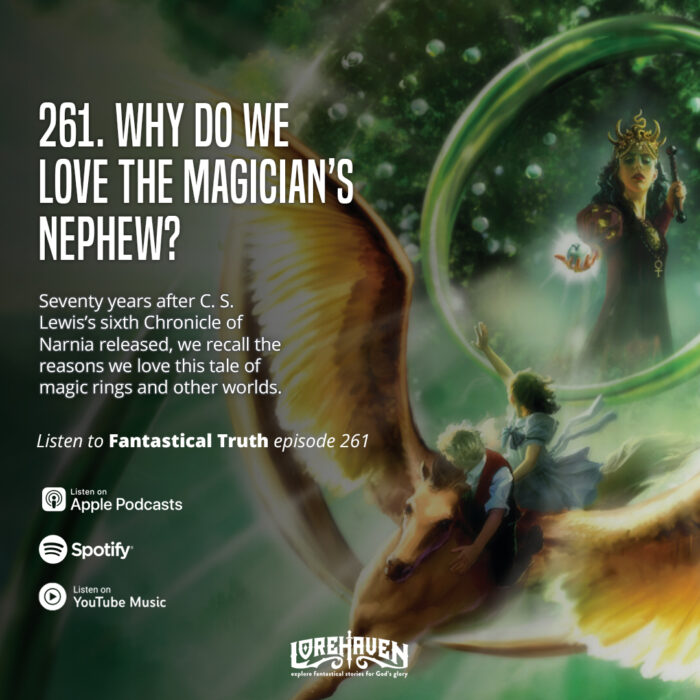
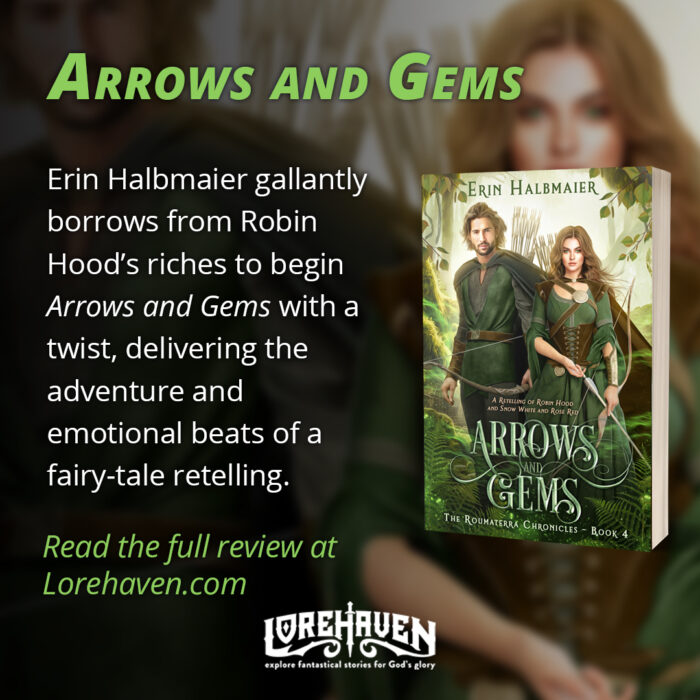
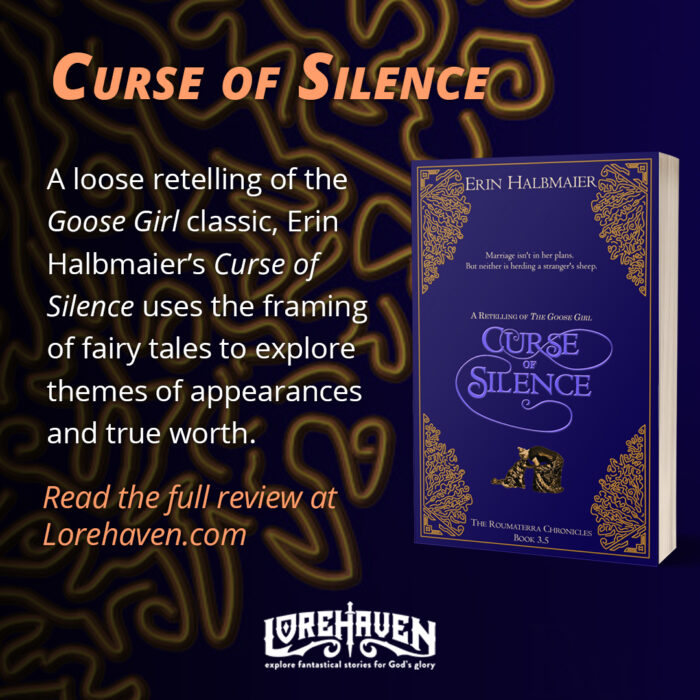
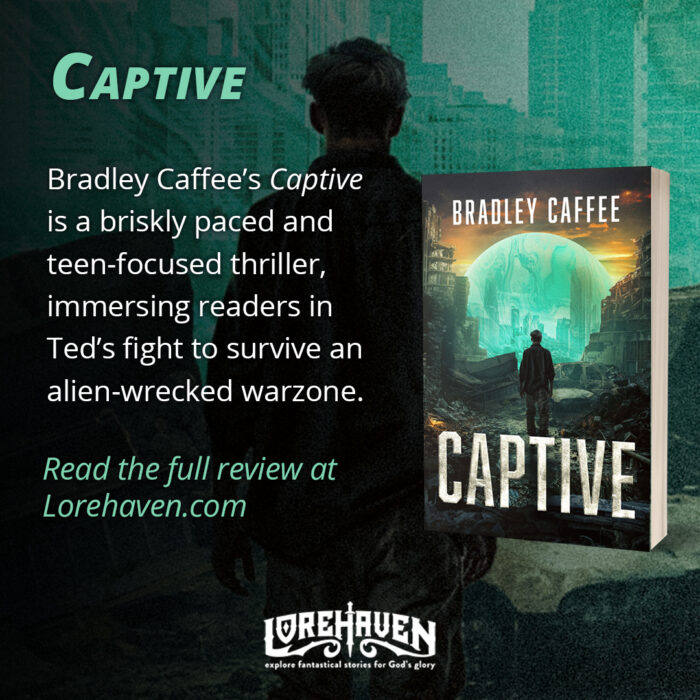



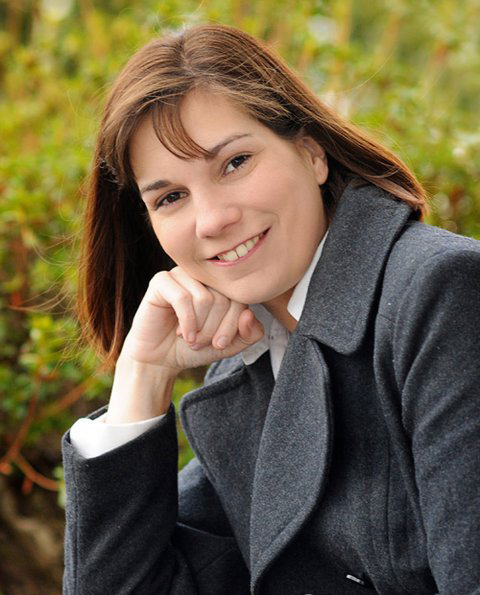



I would agree some people go to market too fast. Certainly need more than a first draft or just one pass unless you have a very good editor/beta readers at your disposal. Also, as you indicated too many take too long, trying to perfect a story and it never sees the light of day.
In between those two extremes, however, I don’t think speed plays into it that much when it comes to quality or the lack thereof. In fact, I’ve also read that one’s first draft tends to contain an author’s most original voice and unique perspective. Subsequent rewrites can, in many cases, edit out that originality and uniqueness. So if quality is seen as a story that grips the reader because of its unique voice, that could play into it as well.
I also think God wants our best. That doesn’t mean my best is always going to meet everyone’s expectations of quality, but I don’t think God is judging based on that, but upon the heart. But if I as an author am purposefully being “sloppy” and not putting out my best, God knows and that is a bad witness.
Good thoughts.
Thanks for your addition to the conversation, Rick. It is a shame when revision dulls voice, isn’t it? There’s certainly a skill to maintaining the spontaneity of an early draft through the revision process. I guess that’s one of the reasons why this writing thing is a lifelong education!
Yes. Quality requires time, sweat, and tears. And the only authors I know of who can consistently produce prolific quality are those who treat writing as a full-time occupation.
One would think that Christian speculative fiction authors, writing as they do for a genre unlikely to burst their coffers, would feel more comfortable taking that extra time necessary to get it right. That those who claim to write for the glory of God would produce novels of greater poetry and depth than the average secular speculation. After all, if one isn’t planning on quitting one’s day-job, one can afford to pause, consider, and revise.
And yet I still see Christians hawking their wares by hollering “It’s Christian, it’s Christian, read all about it!” That’s just not good enough for me as a reader. I want books of beauty, books I can read again and again and again because they’re just that good.
Absolutely…the use of God as a brand is a dangerous approach, to say the least!
Hear hear! Growing up, I mostly read old books by dead authors, so I could read them as quick as the library could get them in. When I ran out of one author, I moved on to the next. Sure, each of those books took a couple years to write, but once they’re published, that’s all she wrote (ha ha).
I didn’t discover the phenomenon of fast food writers until my hubby got me hooked on Ted Dekker, back when Ted was just getting popular. First I read Blink, and it was AMAZING. I could tell he spent a lot of time in revisions because the quality was good and the thinking was deep. Then Three came out, and eh, it was okay. Then the Circle trilogy came out within a few months of each other. I was so disappointed. Cliches. Plot holes. Questionable theology. Retcons. Where was the glorious writing I enjoyed in Blink?
IMO Ted has never again hit the high point of Blink. He writes too fast. I’ve stopped reading his books because the quality is so bad, and he never says anything new. Every book, same message. JESUS SAVES LOL.
I also wonder at what point the big authors become ghostwritten.
I actually loved the Circle books, but the Books of Mortal are really just a rewrite of the Circle, going down to one-to-one correspondences. Overall, his work has definitely suffered from this.
Kind of forgetting the publishers here, though. They need to:
Be willing to market and spend money to grow the spec fic audience.
Cultivate new voices, either through short fiction anthologies or by taking chances on new authors.
Say no to authors with an established audience when their work is under par.
That means no publishing Ted Dekker just because his audience buys anything, or short-changing editing on him because whatever he makes sells.
I know small presses can’t or don’t always do this, but there’s no excuse for the big presses. There’s only so much readers and writers can do to change things, and some of these changes require capital neither can provide.
Absoutely! If publishers intend to remain the gatekeepers of quality, well, then, they’d best make sure they’ve got quality people manning the post, right? You’re definitely right that the onus is on both parties…even more so, in my opinion, on the large, experienced businesses. Good thoughts!
You don’t GROW a spec-fic audience. You FIND the spec-fic audience. And then you deliver what they want. (But maybe this is what you meant.)
The problem with CSF used to be just having some. The problem then became having some that was of decent quality. Now, the problem is finding the audience to let them know it’s there, that there is more variety now.
We need better communication, labeling, reviewing, tagging. Publishers are not gonna spend money to promote a genre they don’t support. We talked this horse to death in the early years of this millenium. Our initial goals were to show the publishers the audience was there, out there, somewhere. Cause it is. And the better and more varied the offerings, the more it will be located and appreciated (one would think).
What we need isn’t the publisher(s) to suddenly get a great come-to-SF-Jesus moment. I used to think that. Now not so much.
Publishers who don’t value a genre will likely not hire editors who understand the genre–understand it well-enough not to let the trite and cliched be passed as if it were fresh and new, editors who understand the tropes of the genre, who understand the subgenres, and reader expectations.
We need to figure out how to find the clans and how to offer more and more varied and better stuff.
When I read something like THE CONSTANT TOWER–rich, complex, pulsing with blood that came straight from the pages of world history, and not just WHITE history, especially the Old Testament with its blood and betrayal and sinner-saints and rape and hope and songs and visions and mercies and it’s mysterious God, and with the Spirit’s rustling in it, from the ugliest to the noblest pages– I have great hopes for the genre. Carole is becoming our Octavia Butler. I suspected as much when I read WIND FOLLOWER. A gal to watch. A voice to hear mature.
We didn’t have one, really, 14 years ago. We had FIREBIRD, but that was pre-millenium. Sorry, but CBA CSF in 2000 did not really have a multi-ethnic prophetic and gifted writer we could say: This writer may one day win an award outside of CBA’s enclave. So, now, where is our Neil Gaiman and Gene Wolf and Connie Willis and Douglas Adams, our GRR Martin, our Ken Liu, our Stephen King, our etc. Find them and tell the folks who love those writers: Their kin are here. Come and see. Taste. It’s good.
I’m pretty excited to see what’s gonna happen. I really am.
There’s no point in trying to find Christians who set those standards before they even consider to read Christian speculative fiction. If you want my book to be able to win a Nebula just to open it up, you’re setting a ridiculously high bar that few writers can hope to match. And you’re asking for a Christian writer to do this without any of the support systems that secular writers have, with no chance of decent compensation or even discoverability.
I think this is why every time I get the desire to write Christian spec fic, I squash it.
Way to put words in my mouth. Perhaps you can scoot down lower to the first comment I put down. I don’t expect only “Nebula calibre” writing. I do think as CSF grows, we SHOULD see that. If we don’t, we’re not growing as a group, gathering, widening. If the writership doesn’t include higher-level wordsmiths, then it’s stagnant.
Next point: Yes. Writers have always written without knowing if there would be compensation. Many of the very best SF writers struggled–Theodore Sturgeon, for one. I’ve been reading it long enough to remember the stories of hardships and struggles to make ends meet–and these were the guys everyone looked up to.
A writer before self-publishing was at the mercy of editors and publishers to say, “Yes” or “No” above all, and then how much. Now, there are options for CSF that didn’t exist as freely 14 years ago, 10 years ago, even 7. Now, a writer can self-publish and hope it “catches on.”
What I propose is that the support system be the cooperative of writers and persons of assorted skills–graphic skills, editing skills, media skills–to BE the wind under the wings. Each the wind of each others’ wings. No one can stop you from publishing. But the risks are the same. You may not find the readers for what you’ve written.
Expecting support from a CBA that has always limited how much SF it has been willing to accept and publish is kinda like doing the same thing over and over that didn’t really take off before. It’s time to try another tactic.
I never said no support. Different support. I never said only write if you’re the next Nebula-winner. But when more writers enter, more offerings rise, and more support from a community gathers, there will be stars. They will shine. It just HAPPENS. Now, we see it happening. Bit by bit. It is. 😀
And there are no guarantees. Ask secular writers in the midlist how many guarantees of decent income or marketing they have?
If you want guarantees, writing is the wrong profession or vocation. It’s a risky endeavor. This is news?
Write whatever is in your heart and brain to write. Perhaps there are THOUSANDS, tens of thousands, waiting to read it. The problem is no longer getting it published. YOu can do that. The problem is finding your people. And that problem always existed.
When you put this forwards as a strategy to find an audience to get Christian spec fic, this is why I react the way I do. It’s a unicorn hunt for the next C.S. Lewis, because apparently the only way to get new readers is to be better than the best. I’m saying if the only way the market can grow is either longshot viral books (which is what tagging and communicating without publisher involvement has to hope happens) or managing to find the new, unpubbed author who manages to be as good as gene wolfe on his first try, there’s no point. Both are incredibly difficult to do.
There’s always been too much of a push on writers to “save” Christian spec fic by writing something that will win over the secular folks and Christians who like secular stuff almost against their will. There’s very little normality in this market; no expectation that you buy a writer you like, warts and all, because you know he or she will grow in the future. Or because you want more SF books made, or because you like speculative stories in general. And the few writers that try this get little to nothing out of it, and seriously consider moving to the secular market anyways.
Again, you use your own sore spot to put a spin on what I say.
I never said to win over secular folks. I said find OUR folks–our tribes– and let them know this stuff is here. I still think a lot of the issue is just getting the word out to Christians who gave up on the CBA offering much of interest. I’m one of those CHristians who happens to read mostly secular SF because for decades there was nothing I wanted to read in the CBA, period. That’s why I became a founding member of this site and of the blog tour. WHy I edited at Christian SF webzines. I wanted to support writers and the community and get folks to come and READ and FIND good writers, in short or long form. When I say “Come and see,” I’m not calling to unbelievers. I’m calling to find the tribe of believers who are wanting SF with a Christian soul, but may not know that it is actually being written and is growing and is offering more variety than in years/decades past. You seem to think I want to court secular.
But guess what? If a nonbeliever says, “Hey, that’s a terrific book” about a CSF novel, I consider that pretty darn good. They judged the writing, not the religion. They enjoyed the story, not praised it for the preaching. I have no issues with that.
And if one of our CSF folks wins a Nebula, why should we not celebrate. That’s an honor. You may have this “us/them” thing going on, but I don’t. SF is SF, and CSF is a subgenre of SF. Really, there are prejudices and divisions but it’s still a love of wonder. And as MindFlights staff and authors showed, the Christian and non-Christian can still find common ground in a love for the genre.
If it crosses over, fine.
And somehow you think that terrific writers can’t be terrific out of the gate. Well, many writer were pretty darn good from the start. It doesn’t always take a lot of growing. There are people out there who just CAN. (Not me, mind you, but there are)
It’s not that we shouldn’t celebrate it, but its that trying to win these people requires too much. Our folks always judge the Christian market by the very best of the secular, and that means only a Lewis or Tolkien-skilled writer can punch through to them. There simply are not enough of those writers, even in the secular field. Not enough to grow and maintain finding those people in spite of publishers not able to or not willing to market books properly.
It is a sore spot, because it seems like Christian writers have a lot bigger hurdle to overcome even among their own brethren. Like they get it from both sides. I feel for a lot of the writers who deal with this.
DM, we do get it from both sides. More reason to be supportive and encouraging. It’s easy to lose heart. But one ought not. 😀
I don’t look for the next Tolkien or Lewis. In fact, I get tired of folks talking Tolkien and Lewis, to be honest. Different age; different audience. WE have to deal with a much more challenging time for writers of faith.
I love this, Mir. Yes, exactly!
Of course, the other side of the coin is that motivated writers who write daily will put out books on a regular basis.
Plus, your first book is always going to look terrible a decade down the road. You learn.
So, just get after it, focus on the story, and produce it professionally. Same ol’story.
Very true…if we’re working faithfully at improving our craft, we should be concerned if we look back and thing what we created 5-10+ years ago seems like our peak.
I’m all for diligence and prolific output. I just also like refining to be in place. The author who can do both is my hero. 🙂
I agree on the commitment to quality. Some of us are tempted to compare our snail work projects to the NYT bestseller lists of branded authors who crank out a novel every four months. As others publishing pace buzzes by us, we soon realize there is some type of system at work; from basic improvising voice to text software, to team/ghost writing and editing, big budgets, or as you suggest pure mediocrity to game the system.
You said it well, “I understand how people can find relief in unzipping a pouch, adding water, and hitting the “cook” button on the microwave. But processed convenience food is not only nutritionally inferior—it tastes like…you fill in your favorite negative piece of vocabulary.”
I was wondering how many authors purposely write at different levels of complexity in plot, dialogue, characters, and world or Bible metaphors trying to discover their audience or the audience level of comprehension?
I have been at this for four years and am always looking for feedback–don’t have have real solid hold on the right answers except, twenty-five years from now, if someone found one of my books in a garage sale or on who knows what storage device of the future, I’d like it to be a great sit down dinner alternative over fast food.
True…I do wonder if there is a degree of “feeling out” the right voice. If one book doesn’t “hit,” what do you change for the next?
Some people approach this business first, art second, and that’s their prerogative. By going for a middle ground in terms of comprehension, you statistically set yourself up for a larger audience, I suppose. The formula is endlessly complex.
Depends on what the reader wants and what the author wants. If the author wants to focus on the $ side and sacrifice the time for “perfection,” then that’s writing as a business commodity. I see no problem with that. Not all readers want Samuel Delany, Gene Wolfe, Neil Gaiman, Ursula LeGuin level of SF prose quality. Some want the right buttons pushed, and the prose can be less writerly. Just like not all diners want the high-end gourmet experience with surprising excellence and combinations of new flavors; the food consumer may, in fact, want homey chili in a diner: the predictable comfort.
The writer whose priority is working the craft to higher heights will have to take time and will have to sacrifice quantity, may even have to sacrifice convenient branding because the only brand will be their voice as they write various genres and subgenres.
The writer who wants to build a base and income with quantity is seeing it as a whole different thing. They’re looking to find the audience for their product–and if what sells is any indication, top-notch craft is not necessarily or always the deciding factor in what readers want. 🙂 They might simply want that bounty-hunter-squid-boy series or that Tenshi and Tengu saga to come out as fast as possible to fill that niche reader desire. Or, if it’s CSF, yet another Once-And-Future-Savior retelling in elvish or space opera form.
I think an author has to weigh the pros and cons and choose as they feel led. I don’t think that everyone has to have the same writing goal. Sure, who wouldn’t want to win a Nebula AND make a tidy sum–and I bet that’s the beautiful duet most SF writers would love to sing. Some would rather trill for the Nebula and some chant for the tidy sum. I’m fine with whichever decision. I’m no elitist when it comes to writing. I’m all about making the choice the writer feels is best for their vocation, especially since I don’t believe anyone sits down with the intent to write crap. (I could be wrong. There may be someone right now sitting down with the goal of writing a really bad book with a lot of button-pushing SF elements just to try and hook some readers. Anything is possible.)
Excellent input, Mir…and yeah, I think you’re right that nobody sits down to write crap, but everyone sits down with their own set of goals, and that’s great. Knowing what you’re setting out to do is central being effective, I think.
And yes, it’s true that what sells isn’t necessarily the “best writing” out there. But “what sells” is very often the best at manipulating the emotional beats that make its target audience devour the books and tell their friends they should too.
So yeah…no need to be elitist, for sure. As writers, we each have to choose what we think fulfills us and reaches our audience. For example, I don’t write deep, or particularly artistically, in my opinion. I love a precisely chosen word and a powerful image, but in the end, my books are more like summer popcorn flicks than high art.
Thanks for your thoughtful response!
Some people just go through the writing process a lot faster, or spend a lot more time on their writing (full-time job). I don’t think we can judge the quality of the writing based solely on how often books come out. That said, we need to be careful to write and edit each story with excellence. We are writing for God, not men. Our process should be steeped in prayer.
I think I understand what Mir was talking about. I only just found this community. I’ve been reading secular speculative fiction for most of my life. I have read a little of the Christian fiction market (very little), but find most of the things published as ‘Christian’ to be sub-par – mostly because a lot of it is historical romance, which just isn’t my thing, and especially since so much of it contains concepts like ‘missionary dating’ which I find damaging. It’s difficult to find Christian Speculative Fiction, and those that I have found tend to be trite and uninteresting. So I gave up. I stopped looking. If there is good CSF out there, I would love to know about it.
It’s been a long time since I looked, but even as I’m finishing my first novel, I haven’t considered seeking publication in a Christian market. There’s too much stigma. Plus, you cut out a huge chunk of readership. I feel like God has called me to be a light in the darkness, and that means to be in the secular market. But first I need to make this story the best it can be. It’s been through first edits and crit group. Now I have to do some major edits before I put it though a first round of beta readers. It’s been a slow process for me, but I want it to be the best I can make it before it goes out.
Thanks for the post and the community.
It is such an exciting time to be a creative person, of any kind. Artists, musicians and writers all have so many more choices now. The avenues for reaching our audiences are varied and broad.
Sure, the search for something of quality is now harder in some ways. But I also think it’s a great time to question our concept of “quality”, our definition of “great art”. It helps me to put it in terms of visual art. Does it have to be a photo-realistic oil painting to be “quality” art? What about impressionists, don’t they count? Does it have to take weeks to be considered an “excellent” painting? What about those beautiful plein air works that are done in two hours?
Who is truly the judge? Even if we answer “the reader”, which reader?
I very much take to heart your comments about junk food vs. real food. I think that’s true, that’s a real problem in art, just like in the food industry. That’s why we have “reality TV shows”, God help us. Nonetheless, it seems to me that there is a place for many, many different kinds of art. The quick read for a fun emotional experience (“pulp fiction”, perhaps) and the deep, thoughtful, literary work. They aren’t enemies or even opposites. One isn’t “good” and the other “bad”. They’re different!
A fruit metaphor helps make this clear. Take apples and oranges. The best orange will never be an apple — and it shouldn’t be judged for having a nasty-tasting peel and mushy, drippy insides. People that prefer oranges know to remove the peel and expect the juice.
The truth is, both types of books have equal chances of becoming an iconic work of lasting impact on our culture. Plenty of the books we call “classics” today were the pulp fiction of their time. I say don’t stand too firmly against today’s advice trend of “be a prolific writer”. I say writing as much as you can is a win-win for all concerned. Follow your own conscience (and the feedback of your editors and/or readers) about whether you are putting out something that isn’t up to snuff.
Of course, I say all this from the perspective of an indie author and as an avid reader. I can certainly appreciate that someone who performs the role of editor or small press publisher might feel more keenly the desire for better quality. It’s in your blood. 🙂